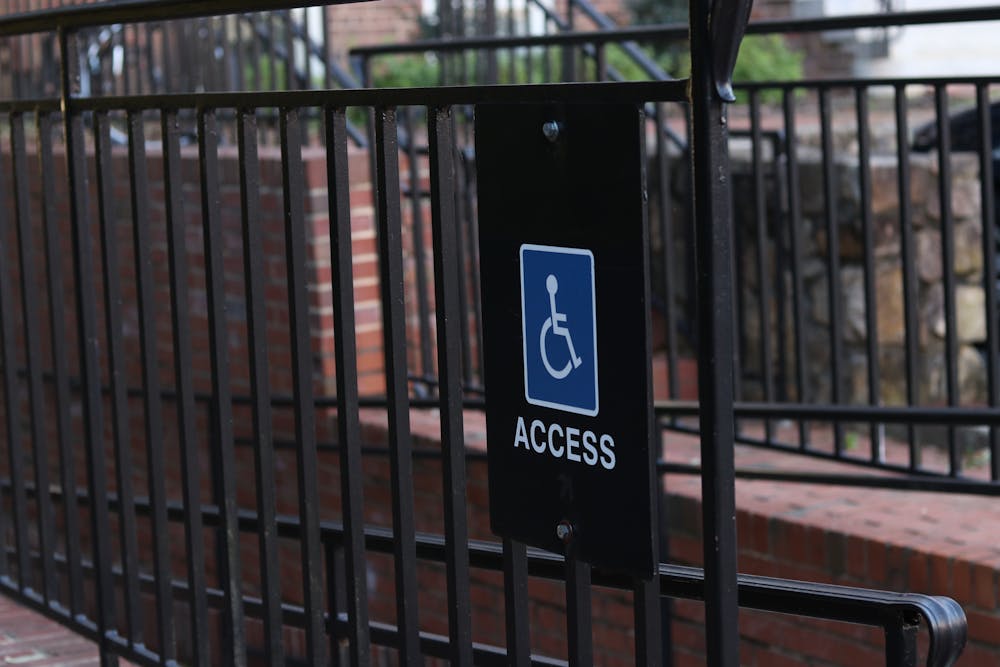Housing Options for People with Exceptionalities, an organization that started last year, is trying to build housing for people with disabilities in Chapel Hill.
HOPE aims to improve community, housing and sustainability for people with mental disabilities in Chapel Hill. The group started when a few moms of children with mental disabilities noticed not only the lack of opportunity for their children, but the lack of funding.
"Most pressing was this critical unmet need to expand housing for people with developmental disabilities," said Dotty Foley, co-founder of HOPE.
Ginny Dropkin, another co-founder, said disabled people in the community often depend on their parents to advocate for them and their needs.
“There are always competing needs, and people with disabilities are not noisy," Dropkin said. "They are not out there making noise about 'this,' and 'we need that' because they are voiceless for the most part.”
HOPE was created as a way to increase opportunity for adults with disabilities, expanding on the limited choices available. Many adults with disabilities have to live in group homes, said co-founder Orah Raia.
“They live in a home with five or six individuals with similar needs along with the people that take care of them," Raia said. "The people that take care of them change shifts. One of the issues with group homes is because of the lack of funding, most group homes do not have a caretaker in the house during the day. Those in the group home must leave during the day.”
One of the only other options for adults with disabilities is an apartment complex, which can also pose problems.
“When a person with a disability moves into an apartment complex, without neighbors or supports, they feel isolated. Some of these people are not able to do much independently, so they don’t go out a lot," Foley said.




